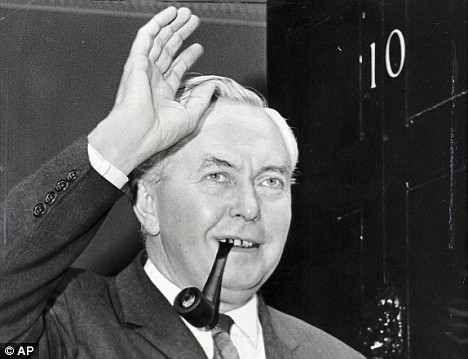|
Necessary Evil Parts 17-19
by Chris Oakley
 Author
says: this timeline was inspired by one of Dominic Sandbrook's articles
in
New Statesman. Please note that the opinions expressed in this post do
not necessarily reflect the views of the author(s). Author
says: this timeline was inspired by one of Dominic Sandbrook's articles
in
New Statesman. Please note that the opinions expressed in this post do
not necessarily reflect the views of the author(s).

On August 23rd 1985,
Please click the
 icon to follow us on Facebook.
icon to follow us on Facebook.on this day China and Iraq signed a
mutual aid pact under which the Chinese government would provide arms and
other military hardware to the Iraqis in return for the rights to purchase
Iraqi crude oil.
The pact was a boon to both countries: for the China the arms sales and
access to Iraqi oil constituted a way to revive its dormant economy, while
Iraq saw Chinese-made arms as a useful means of compensating for the
growing weapons shortfall the Iraqi armed forces had been experiencing
ever since the flow of military equipment from the Soviet Union to Baghdad
had dried up in the heat of the Russian civil war.
Sino-Iraqi PactA secret corollary to the aid
pact authorized Iraq's Muhakbarat counterintelligence service (logo,
pictured) to access classified Chinese information on Iran's strategic
plans for prosecuting the war between Iran and Iraq for nearly five years.
That access would later be credited by Western analysts with helping to
make possible Iraq's eventual victory over the Iranians in 1987.

On September 16th 1988,
the United States announced it would resume full diplomatic relations with
Cuba in January, ending a break of more than 28 years between Washington
and Havana; with the Soviet Union having dissolved and economic assistance
negotiations with France having been stalled since 1986, there was
considerable sentiment on both ends of the Florida Straits in favor of
resuming formal U.S.-Cuban diplomatic ties.
While the announcement drew vehement protests from Florida's Cuban exile
communuity, most other Americans welcomed the end of the U.S.-Cuba
estrangement. Elián González SurfacesOne
sector of American society was especially happy with the decision -- the
re-opening of Cuba's borders paved the way for Major League Baseball to
bring a huge new influx of Cuban players into the United States, and that
influx would have a dramatic impact on MLB pennant races in the next
two-plus decades.
The newly restored bonds between the United States and Cuba would be
further solidified in 1999 when a joint U.S.-Cuban naval search & rescue
mission retrieved the survivors of a shipwreck; one of those survivors, a
six-year-old boy named Elián González (pictured), would later grow up to
become a pivotal figure in the movement to end one-party rule in Cuba.

On August 20th 2004,
on this day the British newspaper Guardian, as part of a series
of articles commemorating the thirthieth anniversary of Harold Wilson's
assassination, published an investigative report which provided the first
definitive evidence the assassins had ties to MI-6.
This disclosure touched off a firestorm of political controversy in
Britain; when a follow-up story revealed the conspirators had gotten
assistance from certain CIA officers stationed in Europe at the time of
Wilson's death, itsparked an imbroglio in U.S.-British relations the likes
of which hadn't been seen since the Suez Crisis in 1956.
In response to the uproar, then-prime minister Tony Blair ordered a
full-scale government inquiry into the assassination conspiracy and
dismissed a number of MI-6 officials suspected to have abetted the
conspirators in covering up their actions.
Thirtieth AnniversaryThe Blair government's
inquiry panel would publish its findings in October of 2005; those
findings would serve as the basis for further investigations by Blair's
successors Gordon Brown and David Cameron and the enactment of a series of
reforms aimed at strengthening civilian control of Britain's
counterintelligence services. These events in turn paved the way for a
final resolution of the mystery surrounding the death of the chief
conspirator, known to his cohorts as "Oarsman", and the arrest of three
other conspirators in the summer of 2009.
 Author
says to view guest historian's comments on this thread please visit the
Today in Alternate History web site. Author
says to view guest historian's comments on this thread please visit the
Today in Alternate History web site.
Chris Oakley, Guest Historian of
Today in Alternate History, a Daily Updating Blog of Important Events In
History That Never Occurred Today. Follow us on
Facebook,
Squidoo, Myspace and
Twitter.
Imagine what would be, if history had occurred a bit
differently. Who says it didn't, somewhere? These fictional news items
explore that possibility. Possibilities such as America becoming a Marxist
superpower, aliens influencing human history in the 18th century and Teddy
Roosevelt winning his 3rd term as president abound in this interesting
fictional blog.

Sitemetre

 |